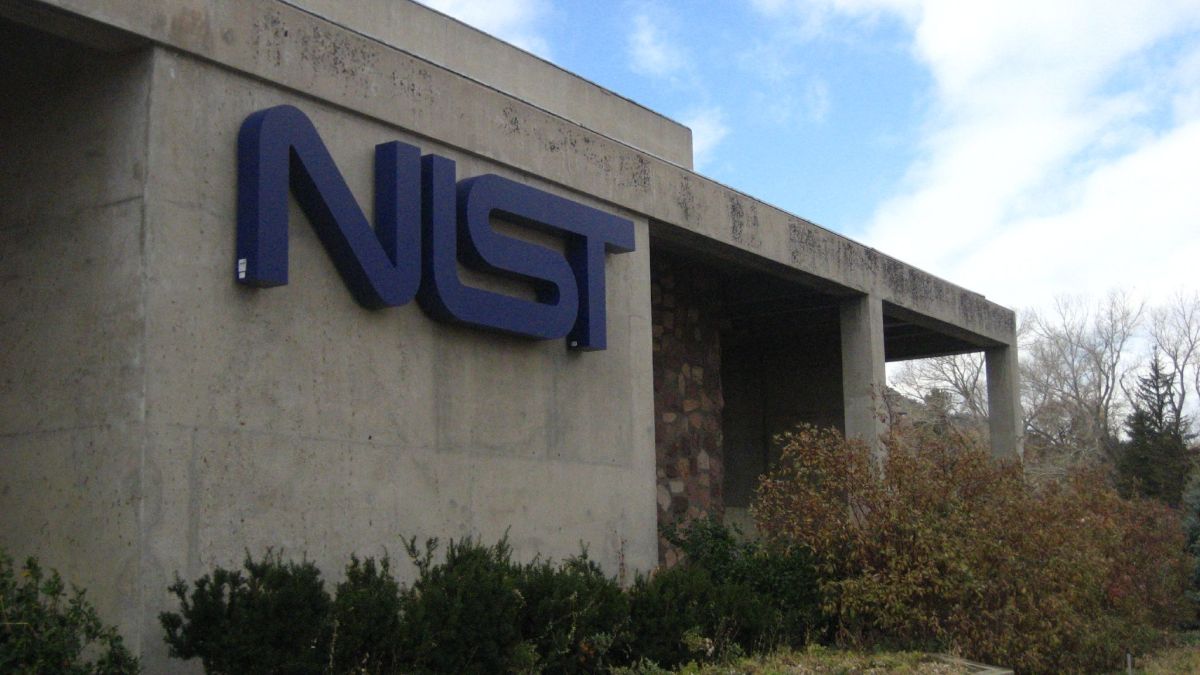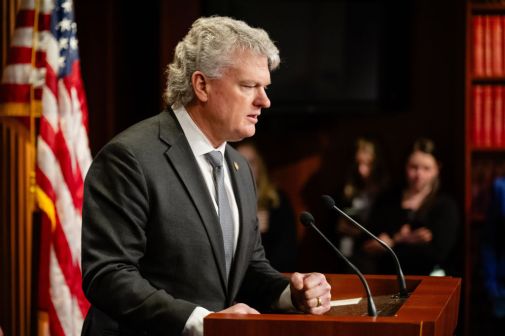NIST targeting early 2023 launch of new AI risk management framework

The National Institute of Standards and Technology is “on track” to publish the first version of its artificial intelligence risk management framework, detailing desired outcomes and the actions necessary to achieve them, in January 2023, said the chief of staff of the agency’s IT laboratory.
Testifying before the House Research and Technology subcommittee Thursday morning, Elham Tabassi said the evolving document maps and measures AI’s risks to organizations, people and society.
NIST has been developing the framework since July 2021, soliciting feedback through workshops and public comments, but Tabassi was clear it’s but the first step toward ensuring the public trusts AI.
“The technology and standards landscape for AI will continue to evolve,” Tabassi said. “Therefore NIST intends for the framework and related guidance to be updated over time to reflect new knowledge, awareness and practices.”
Additional guidance, standards, measures and tools out of NIST will build off the framework and help agencies and, on a voluntary basis, industry evaluate and measure AI trustworthiness in specific use cases. “A lot more work” needs to be done there, which is why NIST put out a call for contributions, Tabassi said.
NIST has “significantly expanded” its research into harmful AI bias and is engaging with federal agencies — as well as international ones like the Organisation for Economic Co-operation and Development and the U.S.-EU Trade and Technology Council — on the matter, Tabassi said.
The AI Risk Management Framework further sets the U.S. approach to the technology apart from China, which released an “ambitious” domestic AI plan in 2017, Tabassi said.
“AI is here now, and it’s not going away,” said Jordan Crenshaw, vice president of the Chamber Technology Engagement Center within the U.S. Chamber of Commerce. “We cannot ignore it, and we cannot afford to sit on the sidelines and allow those who do not share our democratic values to set the standard for the world.”
Prior to Russia’s invasion of Ukraine, it struck an agreement to cooperatively develop emerging technologies, and AI in particular, with China. The U.S. Chamber of Commerce established its Commission on AI Competitiveness, Inclusion and Innovation earlier this year, in part, to address that threat, Crenshaw said.
Crenshaw said the commission will deliver its policy recommendations on trustworthy AI, workforce preparation and international competitiveness early next year — having held field hearings in Austin; Silicon Valley; Cleveland; London, England; and Washington, D.C.
Standards bodies domestically and abroad will have a role to play in encouraging the use of NIST’s framework once it’s published, Crenshaw said.
“The United States is not operating in a vacuum,” Crenshaw said. “Its strategic competitors also recognize the benefits of this crucial technology.”






